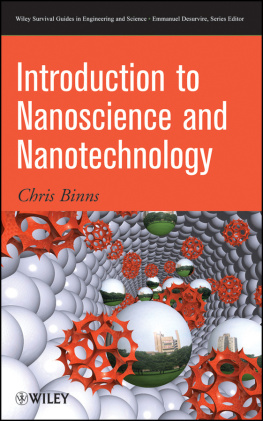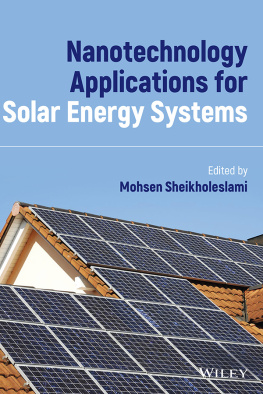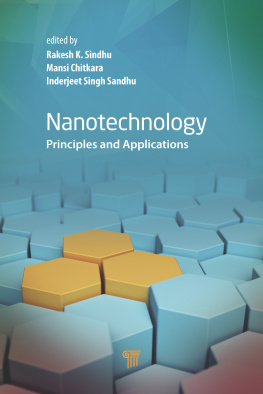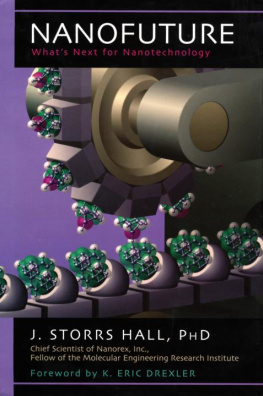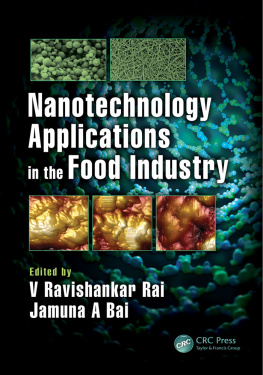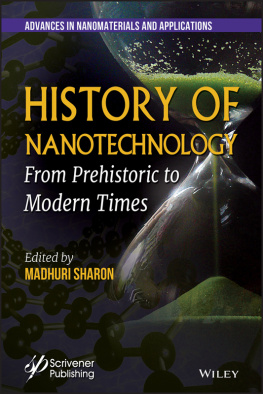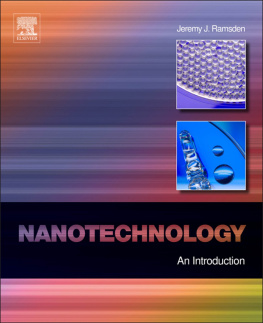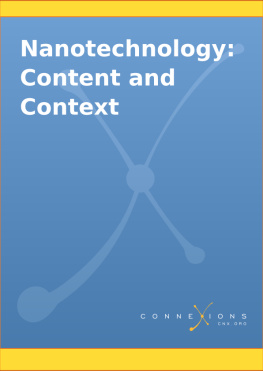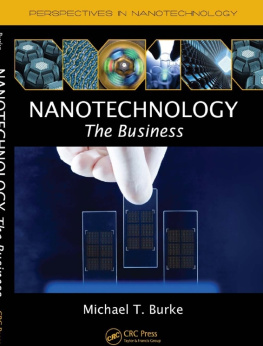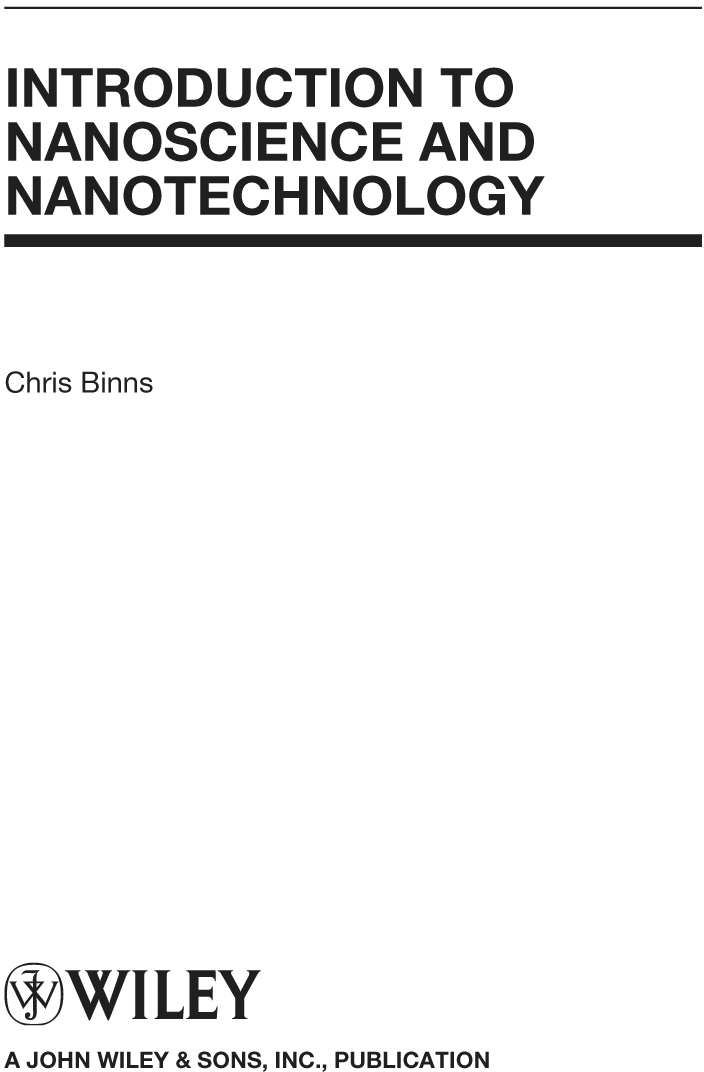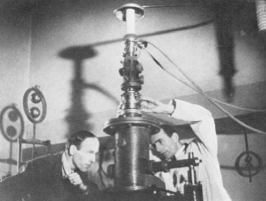WILEY SURVIVAL GUIDES IN ENGINEERING AND SCIENCE
Emmanuel Desurvire, Editor
Wiley Survival Guide in Global Telecommunications: Signaling Principles
Network Protocols, and Wireless Systems Emmanuel Desurvire
Wiley Survival Guide in Global Telecommunications: Broadband
Access, Optical Components and Networks, and Cryptography Emmanuel Desurvire
Fiber to the Home: The New Empowerment Paul E. Green, Jr.
Electric Power Systems: A Conceptual Introduction Alexandra von Meier
Fiber Optic Essentials K. Thyagarajan and Ajoy Ghatak
Microwave Engineering: Land & Space Radiocommunications Grard Baru
Global Positioning: Technologies and Performance Nel Samama
Our Energy Future: Resources, Alternatives, and the Environment
Christian Ng and Joseph B. Natowitz
Introduction to Nanoscience and Nanotechnology Chris Binns
Copyright 2010 by John Wiley & Sons, Inc. All rights reserved.
Published by John Wiley & Sons, Inc., Hoboken, New Jersey
Published simultaneously in Canada
No part of this publication may be reproduced, stored in a retrieval system, or transmitted in any form or by any means, electronic, mechanical, photocopying, recording, scanning, or otherwise, except as permitted under Section 107 or 108 of the 1976 United States Copyright Act, without either the prior written permission of the Publisher, or authorization through payment of the appropriate per-copy fee to the Copyright Clearance Center, Inc., 222 Rosewood Drive, Danvers, MA 01923, (978) 750-8400, fax (978) 750-4470, or on the web at www.copyright.com. Requests to the Publisher for permission should be addressed to the Permissions Department, John Wiley & Sons, Inc., 111 River Street, Hoboken, NJ 07030, (201) 748-6011, fax (201) 748-6008, or online at www.wiley.com/go/permission.
Limit of Liability/Disclaimer of Warranty: While the publisher and author have used their best efforts in preparing this book, they make no representations or warranties with respect to the accuracy or completeness of the contents of this book and specifically disclaim any implied warranties of merchantability or fitness for a particular purpose. No warranty may be created or extended by sales representatives or written sales materials. The advice and strategies contained herein may not be suitable for your situation. You should consult with a professional where appropriate. Neither the publisher nor author shall be liable for any loss of profit or any other commercial damages, including but not limited to special, incidental, consequential, or other damages.
For general information on our other products and services or for technical support, please contact our Customer Care Department within the United States at (800) 762-2974, outside the United States at (317) 572-3993 or fax (317) 572-4002.
Wiley also publishes its books in a variety of electronic formats. Some content that appears in print may not be available in electronic formats. For more information about Wiley products, visit our web site at www.wiley.com.
Library of Congress Cataloging-in-Publication Data:
Binns, Chris, 1954
Introduction to nanoscience and nanotechnology / Chris Binns.
p. cm. (Wiley survival guides in engineering and science)
Includes bibliographical references.
ISBN 978-0-471-77647-5 (cloth)
1. NanosciencePopular works. 2. NanotechnologyPopular works. I. Title.
QC176.8.N35B56 2010
620.5dc22
2009045886
Preface
This book has been a long time in the making. I was taken aback recently when I looked at the original proposal and found that it was written in Spring 2005. At the time there did not appear to be any books that covered the entire field of nanotechnology in a holistic manner written for the layman. To me, one of the most exciting aspects of Nanoscience and Nanotechnology is that they transcend the barriers between the mainstream scientific disciplines of Physics, Chemistry, Biology and Engineering. Thus they provide new insights into the nature of matter and dazzling possibilities for new technology. So full of enthusiasm I put hand to keyboard and embarked on my project to fill this gap, with an original intention to finish in 18 months. Of course the entire sweep of the topic, including, as it does, all the mainstream sciences, is incredibly broad and the intention was to cover it with a relatively light touch to give the reader the feel of what is exciting about the subject. Nanotechnology has a way of sucking you in however and there were so many things that I just couldn't resist including that the touch soon began to get heavier. At some stage in this process of increasing depth I decided to go a stage further and increase the academic level by including Advanced Reading Boxes and some worked problems. This was so that the book could be used as an introductory text for University courses on Nanotechnology, which are becoming increasingly common. Indeed much of the material has been foisted on our own undergraduates at the University of Leicester where we run such a course. The book is still written so that the subject material is covered if one never ventures into these boxes but they provide additional depth for the serious student.
So, four and a half years later, here we are with a longer and more detailed book than I originally intended but in which, I hope, the original intention of giving the reader a holistic feel of the subject has not been lost. There are now many excellent books on Nanotechnology available at a range of different academic levels but I believe that this one still has the widest scope. Despite that, there are still holes, for example, the important areas of Nanomechanics and Nanofluidics, which I hope to fill in future editions. Whatever your use for the book I hope you enjoy it and get from it the excitement that is fundamental to the topic.
Chris Binns
December 2009
Acknowledgments
I don't think it is possible for a person, at least, a person with a family, to write a book without a good deal of support. In my case I have had massive support from my wife, Angela who has also been a constant source of inspiration and indeed practical help by proof-reading the book. I dedicate this book to her.
I thank my extended family accrued from two marriages, that is, Callum, Rory, Connor, Edward, Tamsyn and Sophie for bringing inspiration and joy to my life as well as the inevitable problems. I would also like to thank my first wife Nerissa for supporting me in my early career and shouldering a large part of the burden of looking after our children.
Finally I would like to thank my parents who with meager resources supported me in pursuit of higher education despite their feeling that I should get a proper job.
Nanotechnology Time Line
1931 Ernst Ruska and Max Knoll build the first Transmission Electron Microscope (TEM) [1]. See chapter 4, section 4.4.6
1959 Lecture by Richard Feynman entitled There is plenty of room at the bottom, an invitation to enter a new field of physics [2]. In it he said:
I am not afraid to consider the final question as to whether, ultimately-in the great future-we can arrange the atoms the way we want; the very atoms, all the way down! What would happen if we could arrange the atoms one by one the way we want them . See chapter 4 section 4.4.2

